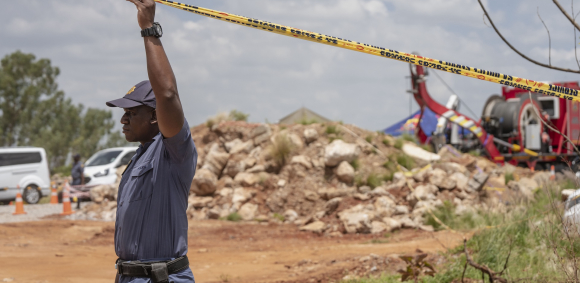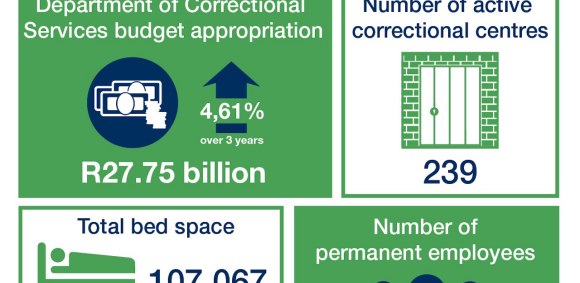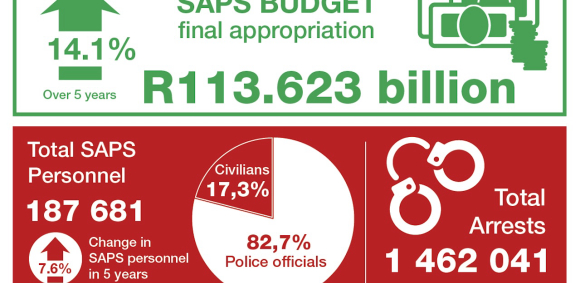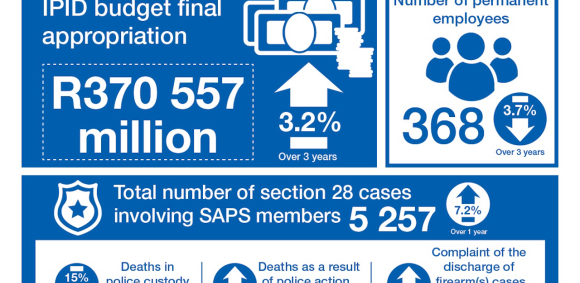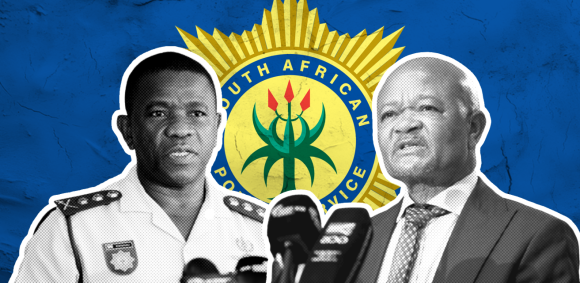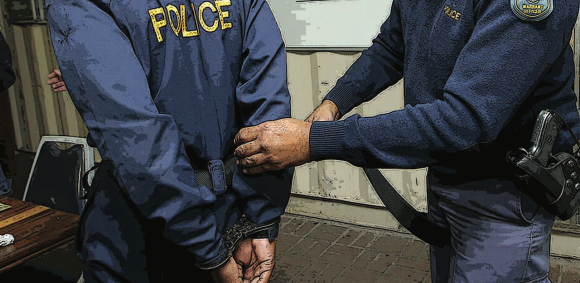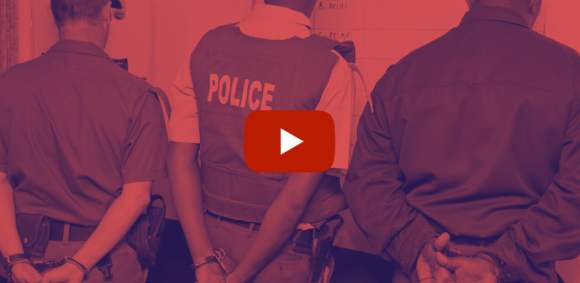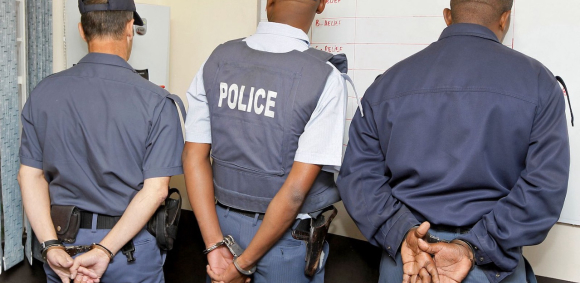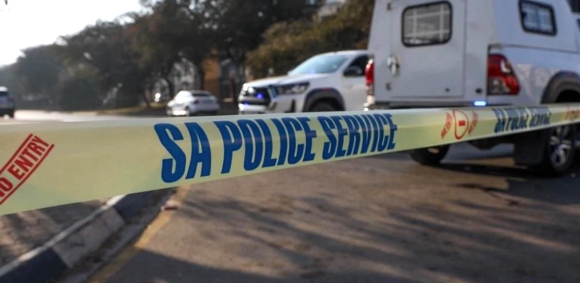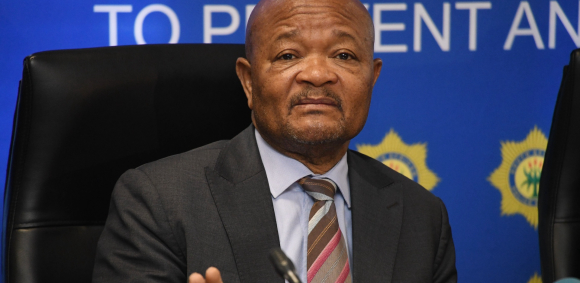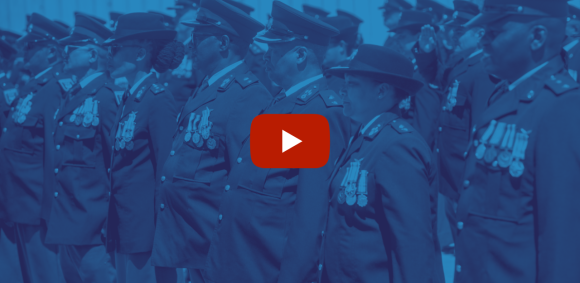The ISS is committed to reviewing conduct by police officers with a view to developing a more professional South African Police Service (SAPS).
You will be able to review various articles and ISS Today’s on topics including police accountability, reform of the SAPS, instances of police brutality, and other relevant topics. Our SAPS performance tool will allow you to access data on SAPS performance, and includes categories such as:
- The SAPS budget and expenditure
- Operations per year and arrests per crime category
- Crime detection rates

Many police members do good work and many criminals end up in prisons as a result. We applaud these successes. Nevertheless, since 2012, we have become increasingly concerned by evidence that the South African Police Service’s (SAPS) organisational performance and policing generally in South Africa are in a state of decline. After more than a decade of rising murder rates, improving public safety is critical for the country’s future. The government should prioritise a targeted programme of reform that measurably improves policing over the coming five years. Based on three decades of analysis of crime and policing in South Africa, this report provides recommendations in five strategic focus areas.
When can the police legally arrest you?
Under police powers in the Criminal Procedure Act, police can make arrests to prevent a crime or to put a suspect before court. A warrant of arrest may be issued by a judge or magistrate on written application by a prosecutor or police officer with the rank of captain or higher.





